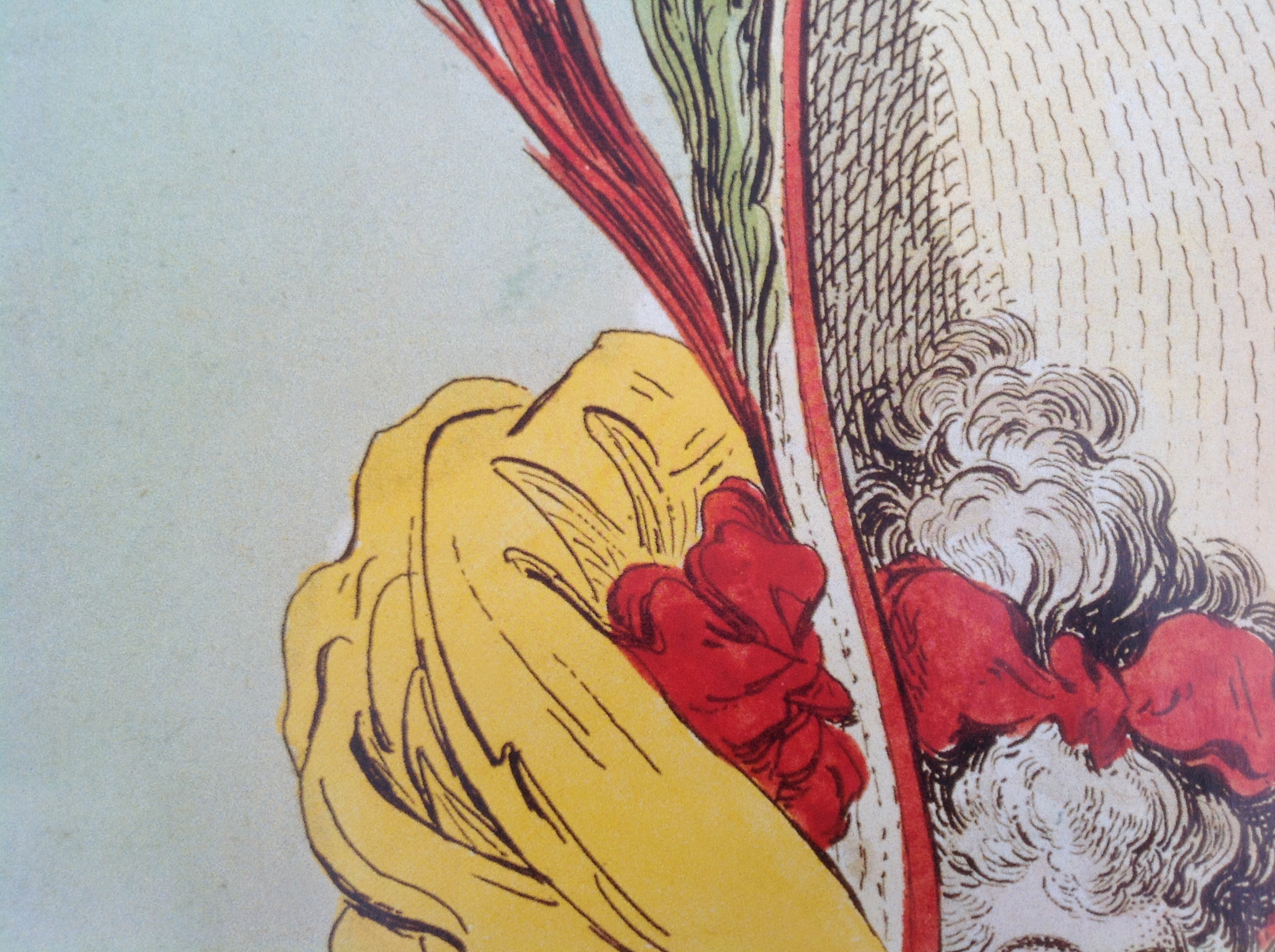
February 24, 2013, by Rosamund Aubrey
Safe? No. Safer? Yes
I think Jim Al-khalili’s television series, Science and Islam, was so fascinating and interesting that I had to buy his book, Pathfinders, The Golden Age of Arabic Science. A book to keep, revisit and to be inspired by.
Scientists play a vital role in communicating science to the public – as a member of the public, I refuse to use ‘publics’ as we are all members of ‘the public’. Alice Roberts, the ubiquitous Brian Cox, and Jim Al-khalili are our television scientists and as such have an influential role in public engagement. Yet I think sometimes in trying to inform, they run a serious risk of public disengagement. You may be a professor of theoretical physics Jim, but to say nuclear power is safe, because no one died at Fukushima as a result of the nuclear meltdown and there have been no deaths linked to radiation, is to ignore the contamination of land. The Japanese Government has implemented a massive decontamination programme which will have to dispose of between 15 and 31 cubic metres of contaminated soil and debris and costs are predicted to exceed a trillion yen. Human death is not the only criterion.
Jim says that nuclear power is affordable, secure and reliable and it is not going to destroy our planet’s environment. I would question whether we have actually ever calculated the true cost of nuclear power, and I don’t think ‘to worry about what we do with nuclear waste in thousands of years is utterly irrational.” Nuclear plants are obviously not secure from natural disasters, and we won’t even mention terrorist activities. Human error often plays a part in disasters, remember the Japanese workers who transferred nuclear material in buckets and as reported in The Japan Daily Press in December 2012: “TEPCO finally owns up to bad decisions that led to Fukushima nuclear disaster: Fukushima nuclear power plant suffered a meltdown after the earthquake and tsunami that hit eastern Japan in 2011, has admitted to its bad habits and lack of safety that led to the world’s worst nuclear disaster in the last 25 years. The admission came after a parliamentary inquiry into the disaster accused the company of collusion with industry regulators.”
Perhaps we in the UK should take a leaf out of The Union of Concerned Scientists: Citizens and Scientists for Environmental Solutions’ website. It asks:
Is UCS pro- or anti-nuclear power? The answer is “neither.” We have been a watchdog for 40 years, working for safer nuclear plants, better regulatory oversight, and smarter policy. The Fukushima disaster of 2011 showed us once again what can happen when a nuclear power plant’s safety systems fail. The U.S. nuclear industry has responded with familiar reassurances that it can’t happen here.
We know better. It can happen here—but it doesn’t have to. Safe? No. Safer? Yes.
Nuclear power is an inherently hazardous technology; there’s no way to make it perfectly safe. But we can make it safer. UCS has released a list of safety and security recommendations for nuclear power plants in the U.S., outlining steps the Nuclear Regulatory Commission (NRC) and other government agencies can take to make a nuclear disaster less likely and reduce the damage if one does occur.
8 March 2013: it is now estimated that decommissioning the nuclear facility at Fukushima will take 40 years.
On a lighter note a joke from Lewis Wolpert
A man is walking in the country and comes across a shepherd with his flock. He says to him: “I am a scientist and if I can at a glance tell you exactly how many sheep you have can I have one?” The shepherd agrees and the scientist says: “423.” “You are right,” says the shepherd, “take one.”
As he is leaving, the shepherd calls out: “If I tell you what sort of a scientist you are can I have my animal back?” “Of course,’ says the scientist. “You’re a theoretical biologist.” “You are right. How could you know?” “You’ve taken my dog.”
No comments yet, fill out a comment to be the first

Leave a Reply